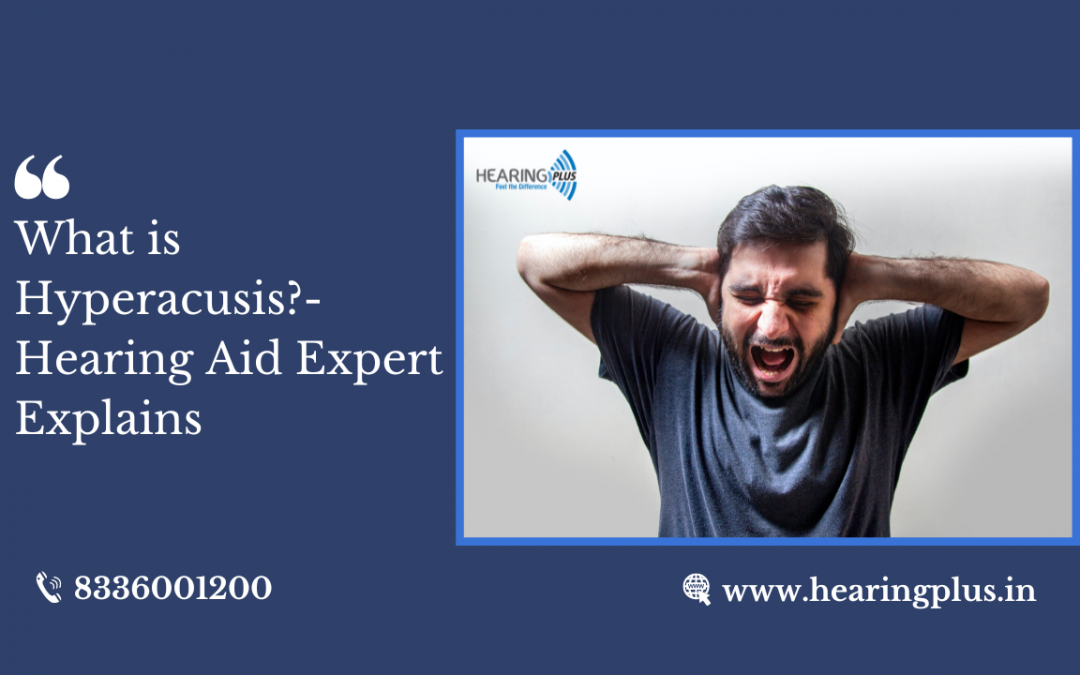Hyperacusis is a condition that causes oversensitivity to particular sounds. Ordinary noises may be abnormally loud, annoying, or even painful to people who have hyperacusis.
Although there is no cure for hyperacusis, there are therapies that can help reduce its symptoms, says an expert of hearing loss treatment in Kolkata.
What Causes Hyperacusis?
The exact aetiology of hyperacusis is unknown; however, it is thought to entail abnormalities in the way the brain perceives sound.
Hyperacusis can be caused by a variety of factors, including:
• Ear damage caused by infection, accident, or exposure to loud noise
• Inner ear issues, such as Meniere’s disease
• A neurological ailment, such as multiple sclerosis or autism
• Psychological conditions, such as PTSD or anxiety disorders
Typical Hyperacusis Symptoms
Depending on the severity of their disease, people with hyperacusis may experience various symptoms, says the expert of hearing tests in Kolkata.
Some common hyperacusis symptoms include:
• Increased sensitivity to specific sounds
• Feelings that a normal sound is too loud, unpleasant, or painful
• Frequently requiring the use of earplugs or headphones for noise protection
• Withdrawing from social events to avoid exposure to loud sounds
Treatment
Hearing aids may be an effective way to combat the intensity of noises in mild and moderate hyperacusis. These devices will include noise reduction functions to reduce unpleasant sounds, says the expert of hearing loss treatment in Kolkata.
You can select one of the following typical hearing aid styles based on your aesthetic and health requirements:
• Behind the ear (BTE)
• In-the-ear (ITE)
• In-the-canal (ITC)
• Completely-in-the-canal (CIC)
Are There Any Alternative Treatments?
While hearing aids are frequently prescribed to alleviate the effects of hyperacusis, there are other treatments available, such as:
• Sound therapy
This is listening to low-volume sounds that are specifically designed to help ease hyperacusis symptoms.
• Counseling or treatment
Psychological illnesses such as PTSD or anxiety disorders can exacerbate hyperacusis symptoms; counseling or therapy may be beneficial in treating these conditions.
• Surgery
Surgery may be required in rare circumstances to treat the underlying cause of hyperacusis.
If you feel you or a loved one is suffering from hyperacusis, you should consult an audiologist. They can identify the underlying cause of your issue and propose the best course of treatment for you, says the expert of Hearing Plus, a well-known hearing aid center in Kolkata.

